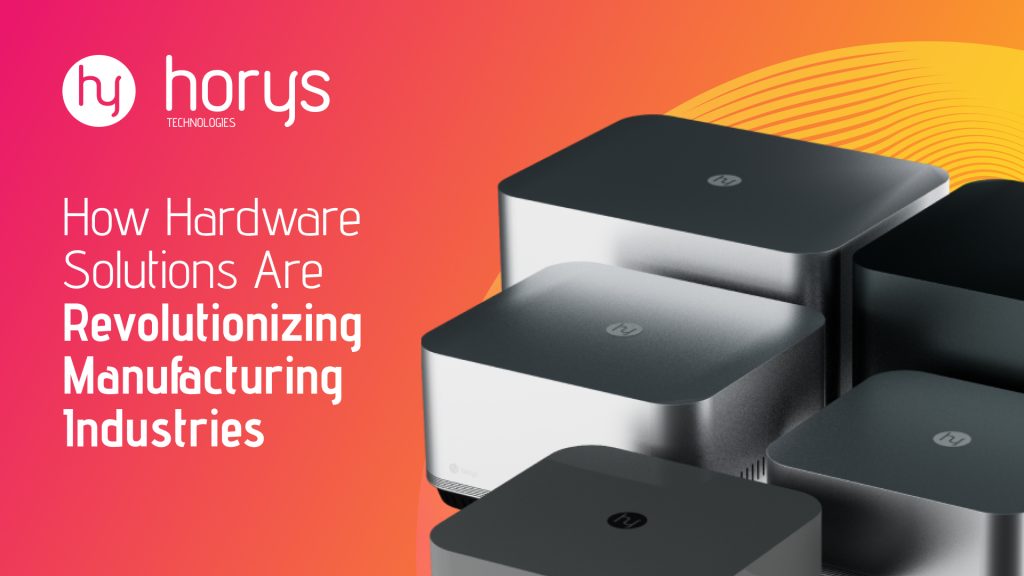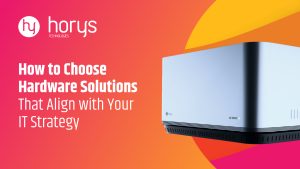The manufacturing sector is undergoing a significant transformation, driven by hardware innovations that optimize processes, enhance productivity, and improve quality. From robots that automate assembly lines to IoT sensors that predict maintenance needs, hardware solutions are the foundation of Industry 4.0—the fourth industrial revolution. These tools allow manufacturers to adapt to evolving market demands, reduce operational costs, and meet sustainability goals.
In this comprehensive guide, we’ll delve into the hardware solutions revolutionizing manufacturing industries, exploring their applications, benefits, challenges, and emerging trends.
Hardware Solutions
Manufacturing has been the backbone of industrial progress for centuries, but today’s industry is marked by rapid technological change. As Industry 4.0 takes center stage, hardware innovations are revolutionizing how products are designed, produced, and delivered. From smart factories to fully automated production lines, modern hardware enables manufacturers to meet higher demands with precision and efficiency.
Key Benefits of Advanced Manufacturing Hardware
- Enhanced Productivity: Automation minimizes downtime and maximizes throughput.
- Cost Reduction: Predictive maintenance tools and energy-efficient systems reduce operational expenses.
- Improved Quality: Inspection hardware ensures defect-free production.
- Sustainability: Renewable energy systems and smart energy monitoring promote eco-friendly practices.
By embracing these solutions, manufacturers can thrive in a competitive, fast-paced market while addressing challenges such as labor shortages, rising costs, and increasing demand for customization.
1. Robotics in Manufacturing
Robotics has become synonymous with efficiency in manufacturing. Robots handle repetitive tasks with unmatched speed and precision, freeing up human workers for higher-value roles.
Types of Robotics in Manufacturing
- Industrial Robots:
- Perform tasks such as welding, assembly, and painting.
- Examples: ABB IRB Series, KUKA KR QUANTEC.
- Benefits: High speed, precision, and consistency.
- Collaborative Robots (Cobots):
- Designed to work safely alongside humans without physical barriers.
- Examples: Universal Robots UR Series, Fanuc CR Series.
- Benefits: Flexibility, easy programming, and enhanced safety.
- Robotic Arms:
- Automate material handling, sorting, and assembly.
Examples: Yaskawa Motoman GP Series, DENSO Robotics VS Series.
2. Industrial IoT (IIoT) Hardware
The Industrial Internet of Things (IIoT) connects devices and systems, enabling real-time data collection and analysis for smarter operations.
Essential IIoT Hardware
- Smart Sensors:
- Monitor temperature, pressure, humidity, and vibration.
- Examples: Bosch Connected Sensors, Honeywell SmartLine.
- IoT Gateways:
- Act as bridges between sensors and cloud platforms.
- Examples: Cisco IoT Gateway, Advantech Edge Gateway.
- Predictive Maintenance Tools:
- Devices that analyze equipment health and predict failures.
- Examples: SKF Enlight ProCollect, Fluke 3561 Vibration Sensor.
3. Advanced CNC Machines and Additive Manufacturing
Modern manufacturing requires tools that deliver precision and speed, making CNC and additive manufacturing indispensable.
CNC Machines
- High-Precision CNC Machines:
- Examples: Haas VF Series, DMG Mori DMU Series.
- Applications: Metal cutting, milling, and turning.
3D Printing (Additive Manufacturing)
- Rapid Prototyping:
- Examples: Stratasys J Series, Formlabs Fuse 1.
- Benefits: Accelerates product development.
- Metal Additive Manufacturing:
- Ideal for aerospace and automotive industries.
4. Automation Hardware Solutions
Automation hardware drives efficiency by reducing human intervention in repetitive tasks.
Top Automation Hardware
- Programmable Logic Controllers (PLCs):
- Control manufacturing processes with precision.
- Examples: Siemens SIMATIC, Allen-Bradley ControlLogix.
- Automated Guided Vehicles (AGVs):
- Transport materials autonomously.
- Examples: JBT AGVs, OTTO Motors.
- Conveyor Systems:
- Streamline movement of goods.
5. Edge Computing and AI Hardware
Edge computing processes data locally, enabling real-time decision-making without latency.
Key Solutions
- AI-Optimized GPUs:
- Enable real-time analytics and simulations.
- Examples: NVIDIA Jetson AGX, Intel Movidius.
- Edge Devices:
- Process data closer to the source for immediate insights.
6. Energy-Efficient Hardware
Manufacturers are turning to energy-efficient systems to reduce costs and meet sustainability goals.
Key Solutions
- Smart Energy Monitoring Devices:
- Analyze consumption patterns and optimize usage.
- Solar-Powered Systems:
- Reduce reliance on traditional energy sources.
7. Augmented Reality (AR) and Virtual Reality (VR) Devices
AR and VR enhance training, maintenance, and design in manufacturing.
Applications
- AR Glasses:
- Examples: Microsoft HoloLens, RealWear Navigator 500.
- VR Training Simulators:
- Train workers in complex tasks without physical risks.
8. Quality Control and Inspection Hardware
Modern factories rely on cutting-edge hardware for quality assurance.
Examples
- Machine Vision Systems:
- Identify defects during production.
- Examples: Cognex In-Sight, Keyence Cameras.
- Laser Measurement Devices:
- Ensure dimensional accuracy.
9. Challenges in Adopting Advanced Hardware
Despite its benefits, adopting advanced hardware comes with challenges:
- Cost: Initial investments can be significant.
- Integration: Legacy systems may not align with new hardware.
- Skill Gaps: Employees may need training to operate advanced tools.
10. Future Trends in Manufacturing Hardware
- Quantum Computing: Revolutionizing material science and optimization.
- Bio-Inspired Robotics: Mimicking natural systems for efficiency.
- Nanotechnology Tools: Enabling ultra-precise manufacturing.
Conclusion
Hardware solutions are at the core of manufacturing transformation, enabling businesses to achieve greater efficiency, precision, and sustainability. By embracing advanced tools like robotics, IoT devices, and energy-efficient systems, manufacturers can position themselves for long-term success in an ever-evolving landscape.
About Horys
A premier hardware and software solutions company, Horys’ technology is on par with global standards. Its offerings include a variety of hardware products like smartphones, tablets, and computers. And software products include server hosting and management solutions.
Disclaimer: This article combines insights from both human expertise and AI technology to provide informational content. It is for informational purposes only and should not be interpreted as financial advice or a recommendation to invest. Virtual asset investments are inherently volatile and risky. Horys provides no guarantee of accuracy or completeness for the information herein. Independent research and professional advice are recommended before engaging in any investment activity. Horys bears no liability for investment decisions based on this article.



